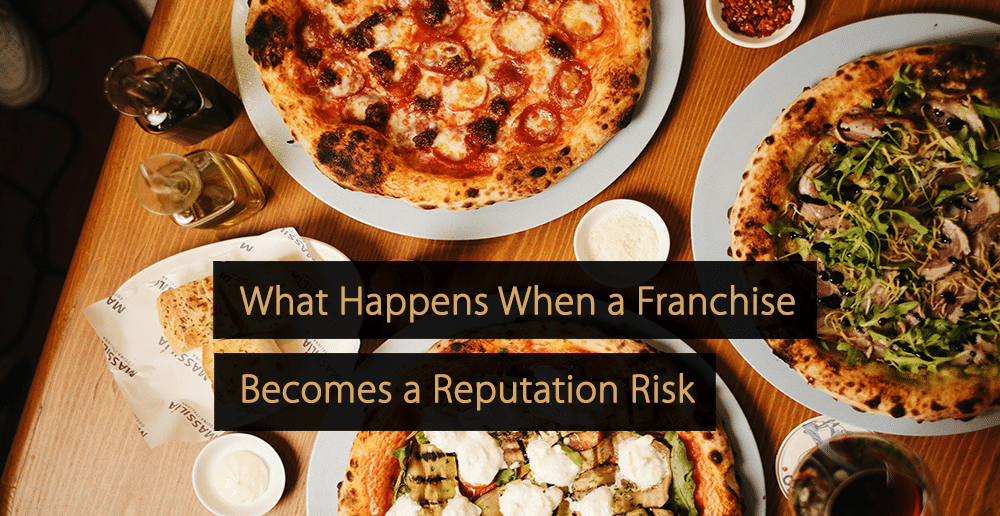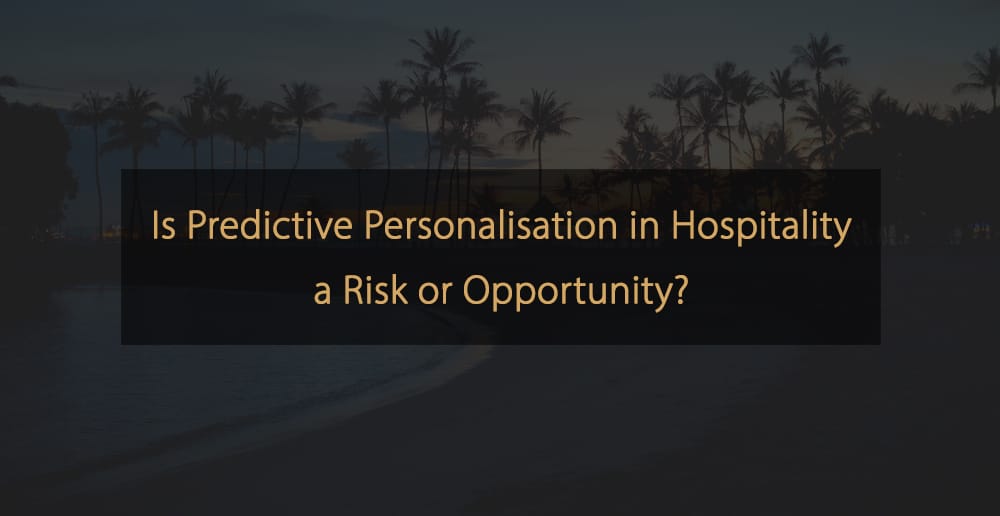Tout commence par une simple publication. Une photo floue, une légende virulente, ou un client affirmant avoir été victime d'une intoxication alimentaire dans un magasin franchisé. Le matin, c'est tendance. À midi, les journaux locaux en parlent. Et le soir, c'est un gros titre national. Les relations publiques des entreprises se déchaînent, les franchisés paniquent et les résultats de recherche se remplissent d'avis indignés. L'Association internationale de la franchise estime que des milliards sont perdus chaque année à cause de problèmes de réputation. Et une fois la confiance érodée, cela ne nuit pas seulement à un magasin, mais à toute la marque.
Dans cet article, vous découvrirez comment un seul faux pas peut se propager en ligne et quelles mesures les franchises peuvent prendre pour protéger leur réputation.
Comment une erreur est devenue virale : l'épidémie d'E. coli du Chipotle
Franchise Tout dépend de la cohérence : une marque, plusieurs opérateurs, une réputation partagée. Mais une erreur d'opérateur, un manque d'hygiène, un employé impoli, une vidéo ratée… tout cela peut anéantir des années de marketing en quelques heures.
C'est ce qui est arrivé à Chipotle, une chaîne de restaurants-grill mexicains, en 2015. Une épidémie d'E. coli dans quelques magasins a déclenché une panique nationale. Du jour au lendemain, la confiance dans cette enseigne de restauration rapide populaire s'est effondrée. Les ventes ont chuté, les stocks ont chuté et « Épidémie Chipotle » est devenu le premier résultat de Google pendant des mois.
L'entreprise a fait ce que beaucoup ne font pas. Elle a pris le problème en main. Chipotle a reconstruit ses systèmes de sécurité, formé ses équipes et investi des millions pour rétablir la confiance. En 2018, l'essentiel du terrain perdu avait été regagné.
Pourquoi Internet aggrave chaque crise
Avant les réseaux sociaux, un mauvais avis restait local. Aujourd'hui, un simple témoignage client peut traverser les frontières en quelques heures. Des études montrent que les publications négatives se propagent dix fois plus vite que les positives, et elles ne disparaissent pas sans heurts. #DeleteUber. #BoycottGoya. #CcelStarbucks. Ce ne sont pas que des hashtags. Ce sont des points sensibles qui peuvent réduire les ventes, miner le moral et freiner l'expansion.
Dans le cas d'Uber, un scandale impliquant sa direction a entraîné la suppression de plus de 200 000 applications en un seul week-end. Starbucks a connu une indignation similaire en 2018 après un incident de partialité filmé. Les deux entreprises ont cessé leurs activités, formé leurs employés et présenté des excuses publiques. Le coût à court terme a été énorme, mais le silence aurait été pire.
L'effet domino au sein de la franchise
Lorsqu'une crise éclate, les clients ne sont pas les seuls à réagir. Les franchisés en sont les premiers touchés. Une perte de confiance peut entraîner une baisse des ventes, des taux de renouvellement plus faibles et le départ de nouveaux candidats. Les poursuites judiciaires se multiplient. Les recrutements sont gelés. Et le moral des équipes s'effondre.
Quiznos offre un exemple édifiant. Les batailles juridiques entre franchiseurs et exploitants ont érodé la crédibilité de la marque. En quelques années, la chaîne est passée de quelques milliers de magasins à quelques centaines. Ce n'est pas le produit qui a fait faillite, mais la perception.
Se rétablir de la bonne manière : retour du Domino’s
Restaurer sa réputation n'est pas une question de propagande. C'est une question de preuves.
Les le restaurant La chaîne Domino’s l'a appris en 2009, après que des employés ont filmé une farce dans un magasin, devenue virale. Au lieu de se cacher, le PDG a rendu l'affaire publique. La marque s'est excusée, a corrigé ses recettes et a lancé une campagne de transparence. En un an, Domino’s a enregistré une hausse de ses ventes de 14% et a refait surface sur le premier page de Google.
NetReputation aide les entreprises à faire exactement cela : rétablir leur crédibilité là où elle compte le plus : en ligne. Lorsque les clients recherchent votre marque, ils doivent voir ce qui est actuel et exact, et non ce qui a mal tourné il y a des années. C'est toute la différence entre un faux pas et un effondrement.
Ce que les marques fortes font différemment
- Ils planifient avant que les tendances ne se produisent. Chaque franchise devrait avoir un plan d'action pour la sécurité alimentaire, les relations publiques et la réponse en ligne. La rapidité influence les résultats.
- Ils communiquent rapidement. Attendre 48 heures peut transformer un incident en scandale. Réagissez, confirmez les faits et montrez vos progrès.
- Ils accompagnent les franchisés. Partagez des modèles, des réponses et des ressources de récupération afin que chaque magasin parle d'une seule voix.
- Ils nettoient les résultats de recherche. La gestion des avis et de la visibilité fait partie intégrante de la gestion des dégâts. Des entreprises comme NetReputation surveillent les mentions de marque, suppriment les fausses allégations lorsque cela est possible et mettent en avant du contenu positif et vérifié pour restaurer la confiance.
- Ils mesurent la récupération. Suivez le sentiment chaque semaine. Comparez le trafic, les notes et les ventes. L'amélioration est lente, mais visible.
Le jeu à long terme : rétablir la confiance
La réputation ne se régénère pas du jour au lendemain. Même après la disparition des gros titres, les résultats de recherche restent. C'est pourquoi les franchiseurs avisés investissent dans une stratégie continue. gestion de la réputation — pour s’assurer que page reflète le progrès et non l’histoire.
Bien mené, le retour en force devient un élément clé de l'histoire. Les clients se souviennent de la manière dont une marque a géré la crise, et pas seulement de la crise elle-même. Car en franchise, la réputation ne protège pas seulement un magasin, elle les protège tous.
Une solide réputation peut transformer les crises en retours positifs. En appliquant ces stratégies, une réactivité, une transparence et une gestion proactive, les franchises peuvent préserver la confiance de leur marque, regagner la confiance de leurs clients et assurer leur réussite à long terme, même après un revers de réputation.
Plus de conseils pour développer votre entreprise
Revfine.com est la plateforme de connaissances leader dans le secteur de l'hôtellerie et du voyage. Les professionnels utilisent nos connaissances, nos stratégies et nos conseils pratiques pour s'inspirer, optimiser leurs revenus, innover dans leurs processus et améliorer l'expérience client.Découvrez des conseils d'experts sur la gestion, le marketing, revenue management, les opérations, les logiciels et la technologie dans notre Hôtel, Hospitalité, et Voyages et tourisme catégories.








Leave A Comment